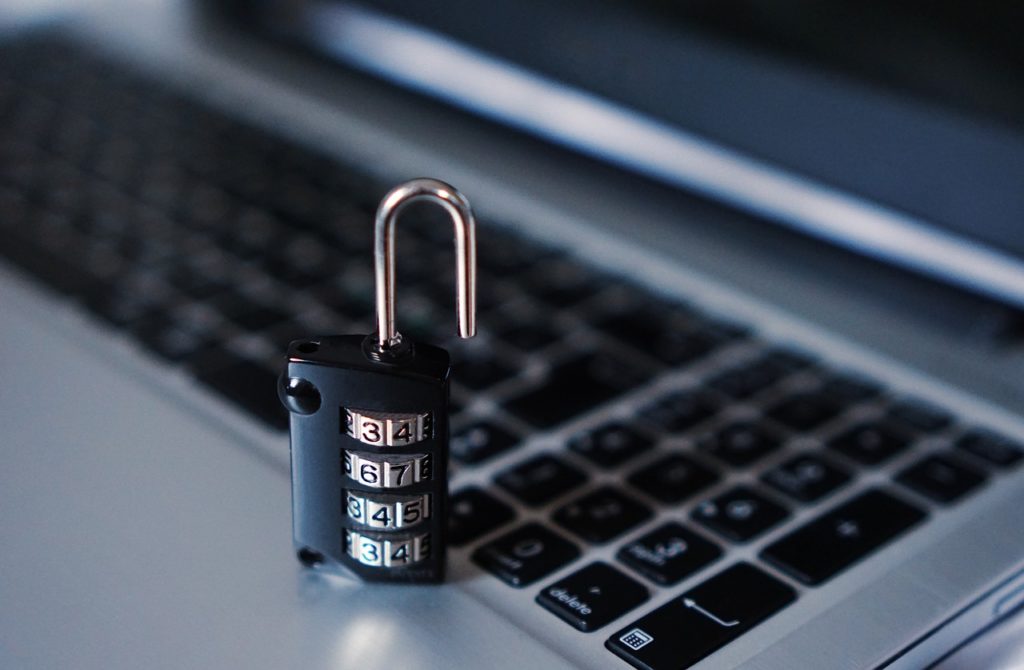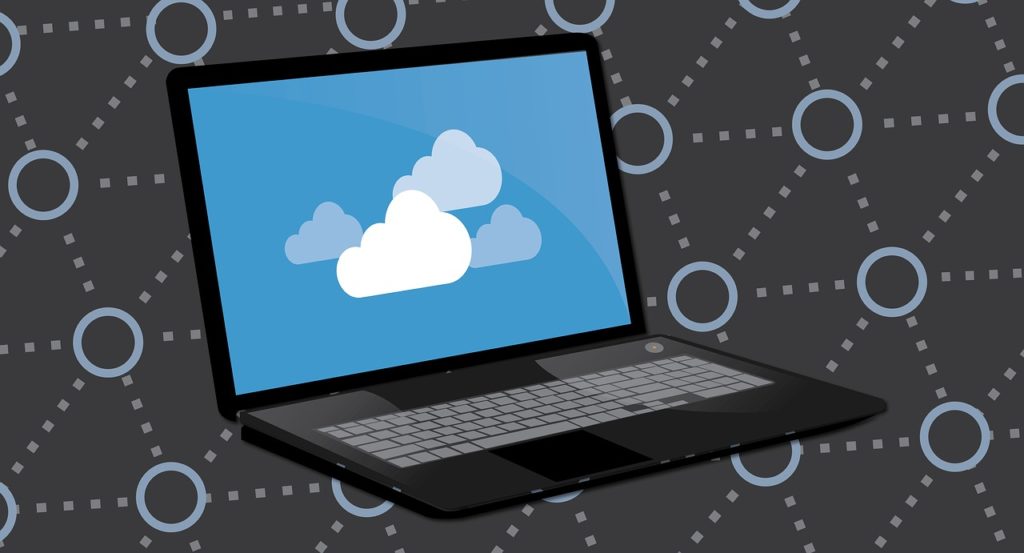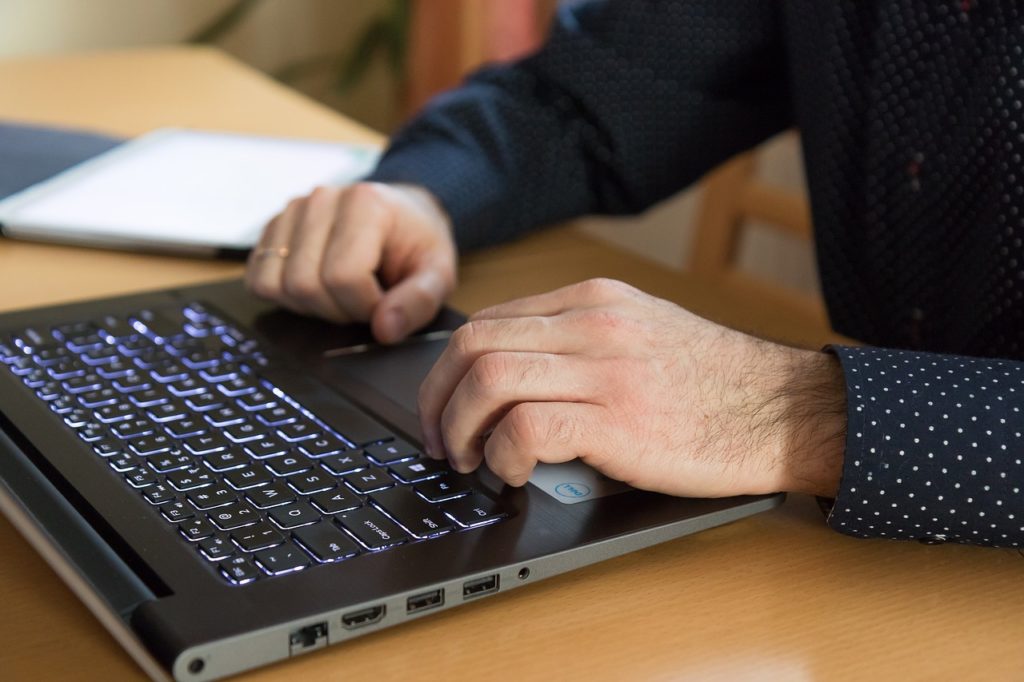
Do you have an anti-virus installed on your Windows PC? That’s good because it will protect you from at least some kinds of threats. And if you are a Mac user, then you are probably lulled into a false sense of security that there are no Mac viruses (there are). But computer security is not about the software – it’s about how you behave when browsing the Web and what you do to stay safe. Here are five tips to keep your computer secure online.
1. Update Your Windows or Mac
If your Windows is set to download and install updates automatically, then you are in luck. Most malware and hacker attacks concentrate on uncovering and exploiting vulnerabilities in your operating system or software. Installing updates as soon as they are issued will protect your PC or Mac from the latest malware because these updates usually include hotfixes for OS vulnerabilities. Don’t neglect updates just because you don’t feel like installing them. These updates can be a lifesaver for your security.
2. Browse Safely
The best tool to keep your computer secure online is your common sense. If you keep your eyes open when you are browsing the Web, don’t download anything from untrusted websites, don’t click on links in emails from unknown senders, and don’t disclose your private information on just about any site, then you’ll be safe. And if you want some help when you are online, install the Web Of Trust browser plugin that will show you community ratings for each and every site you visit.
3. Encrypt Important Files
One of the worst things that can happen to you online is identity theft. If your identity gets stolen, one day you risk discovering that all your money is gone and you have several loans in your name that you didn’t take. That’s why it’s so important to do everything you can to protect your identity. Encrypting files that contain you private information, such as full name, address, bank details and online accounts passwords, will put a very serious barrier between your data and the hacker. Look for an encryption program like SensiGuard that uses 256-bit AES encryption for better security.
4. Use Strong Passwords
You may laugh, but there are lots of people who use 123456 as their password for all their online accounts. Others use simple passwords like their name or date of birth. Using weak passwords like that is practically inviting hackers to break into your email Inbox, your social media accounts and even your online backing client. Using strong unique passwords will make it a lot harder for hackers to gain control over your online accounts. If you have dozens of online accounts and can’t memorize that many complex passwords, use a password manager. Mac has a built-in one called KeyChain and there are lots of free options for Windows.
5. Shred Unneeded Files
Did you know that pretty much any file you delete can be recovered? That’s because your computer doesn’t actually delete files when you hit Delete, but rather deletes the file from some indexes and keeps the actual data until it’s overwritten with something else. If you do a quick Google search for file recovery software, you’ll see how easy it is to undelete files. And now imagine that someone restores your confidential files from that old computer you sold or gave away. To prevent this from happening, you should use a file shredder to delete individual files and a disk wiper to clean-wipe all free space on a hard drive. Doing that will ensure your safety.
These five tips will help you keep your computer secure online. And if you want more tips, check out our book on Amazon, “Shields Up! Complete Guide to Windows Security and Mac Privacy”.

